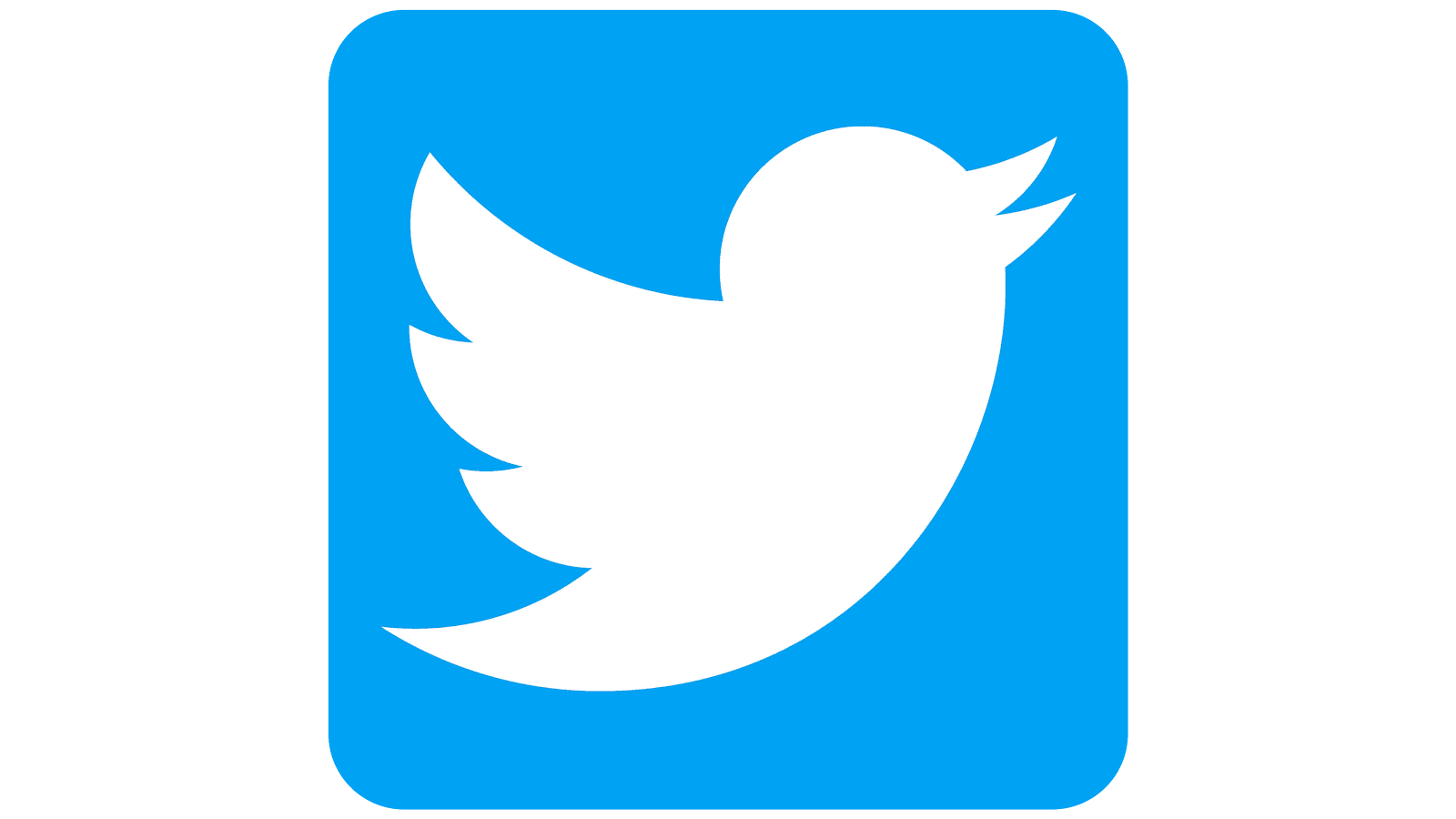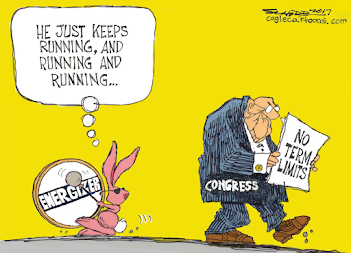Filter Bubbles, and Why They're a Problem
By Tim Klaum
In colloquial terms, filter bubbles are the algorithms that run our social media accounts, deciding which news to push, which accounts we see more often, and which posts get left in the dust of our timelines. At first glance, I must admit, I thought filters were a great thing. I saw it as a way to get curated content, so you know you’re seeing what you like and ignoring what you don’t. Unfortunately, that isn’t the reality we live in today, and I don’t think we ever will.
For a long time now, I’ve frequently seen news come across my feed that links back to the same few sources, even though I wasn’t following any of them. At first, I thought it must just be a coincidence. However, upon further investigation, Twitter was actually pushing me news from accounts that I had interacted with in the past, regardless of whether or not I actually followed the accounts. I was fine with it because I hadn’t realized what that meant for my news, but soon after that, I came to the conclusion that I was getting biased news. Whether I liked it or not, all of my news outlets had been biased towards my beliefs, and I didn’t have a say in the matter. So, as someone who does care deeply about knowing the truth and not following others blindly, I decided to get around the filters.
It started simply, I followed some accounts whose biases I don’t necessarily agree with, just to see if Twitter would change my preferences. And sure enough, the news I was getting started to swing back towards the middle, going less biased and more fact-based. This was great for a while, but then I started to fall back down my old rabbit hole, because while I want unbiased news, I also care about more specific issues like climate change, and I wanted to see what the people I listen to were saying. And just like that, I fell back into my same habits.
It’s hard, trying to find news above bias on platforms that were cultivated specifically to show us the news that we want to see. But if we put in the work, we may just get the news that we need to hear, not just want to hear.




Comments
Post a Comment